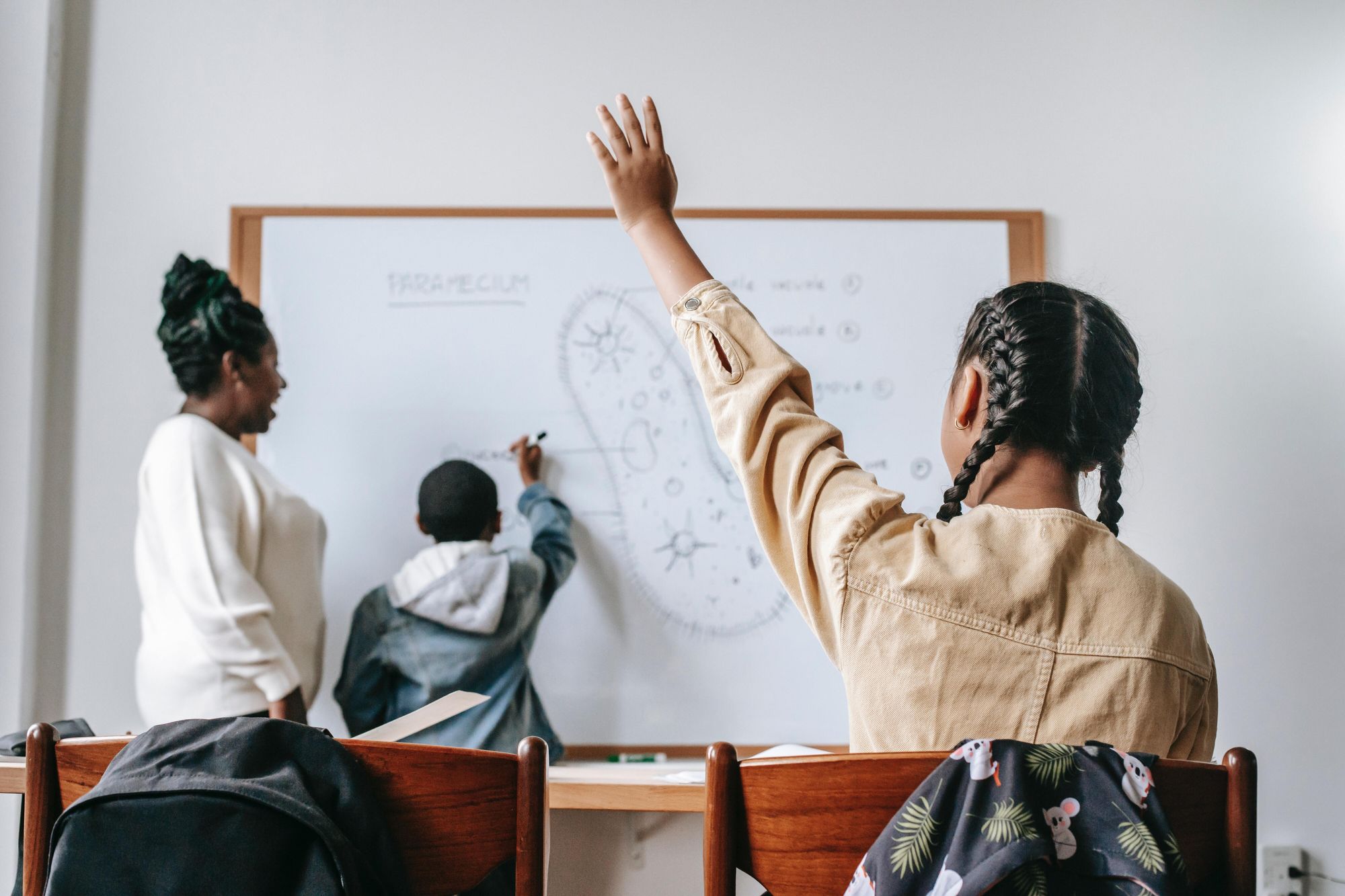How does mastery learning compare with performance-oriented learning, and why should teachers care?

"Will this be on the exam?"
Typically, the frequency of students asking this question increases with age. Primary students learn that exams are somehow important. Astute middle school students recognise a correlation between their test scores and semester reports. Eventually, upon graduation from secondary school, students have often realised that the sum of their learning has little value in comparison with their performance on the final exams.
Performance-oriented learning and fixed mindsets
Exam obsession is the hallmark of performance-oriented learning. It is inherent to our current education system that requires standards-based reporting of student performance. This leads to a focus on the outcome rather than the process of learning and invites comparison of achievement amongst peers. High performing students are driven to achieve their next 'A' at all costs, while other students tend to give up due to a "lack of ability".
The focus for performance-oriented students is demonstrating their competence. Interestingly, this leads to an adoption of fixed mindset traits such as the avoidance of challenging tasks due to fear of failure and being threatened by the success of others. As a growth mindset is considered essential for success, I believe it makes sense to flip the narrative on goal orientation in support of a better mindset for our students.
Mastery-oriented learning and growth mindsets
Mastery learning places a focus on students increasing their competence. Goals are flexibly positioned just beyond reach, driving continuous improvement. The phrase "how can this be even better?" replaces the concept of "good enough". Not to be confused with perfectionism, a mastery approach to learning fosters growth mindset characteristics such as persistence, effort and embracing challenges.
Most forms of mastery learning today can be traced to the work of Benjamin Bloom in the late 1960s. Bloom observed the critical elements of one-to-one tutoring that lead to significant advantages over group-based settings and explored transferrable instructional strategies. Subsequently, formative assessment was defined in the context of teaching and learning as a key component for measuring student understanding. Corrective activities were prescribed to be individualised to students' needs based on content not yet mastered. This approach of providing necessary instructional time for each student yielded significant improvements over traditional classroom instruction.

So where does mastery learning fit into today's classroom? The concept of formative assessment is prevalent, as are posters and discussions promoting a growth mindset. One important missing component is ensuring that students have a deep understanding of concepts before progressing to the next. An attempt at distilling this idea was made in Australia with outcomes-based education in the 1990s, which continues to be adopted in other parts of the world. However, differences between these educational theories highlight that while outcomes-based education focussed more heavily on issues with curriculum and assessment, mastery learning is more concerned with instructional issues.
Shifting the needle
With the advancing possibilities provided by Edtech companies, many are starting to look to technology as a solution to providing individualised learning opportunities. The right platform can provide tailored formative assessment and learning opportunities all in one.
But we should take a cautious approach to utilise technology as a complete solution. History informs us that applying the principles of mastery learning only in part limit the potential gains. In addition to assessment strategies, teachers will also need to carefully foster a mastery-orientated learning approach in their classroom. Some strategies include:
- Providing opportunities for student agency
- Encouraging learning from mistakes
- Supporting personal improvement with constructive feedback
- Avoiding comparisons between students, instead focussing on comparison to previous performance
- Supporting a safe classroom community that promotes mastery orientation from teachers and students alike
As we approach 50 years since the bulk of Benjamin Bloom's initial research into the benefits of mastery learning, could it be time to reap the rewards? As the saying goes: "The best time to plant a tree was 20 [or 50?] years ago. The second best time is now."
I think that teaching students how to learn is far more important than teaching what to learn.
This article was first posted on LinkedIn.

